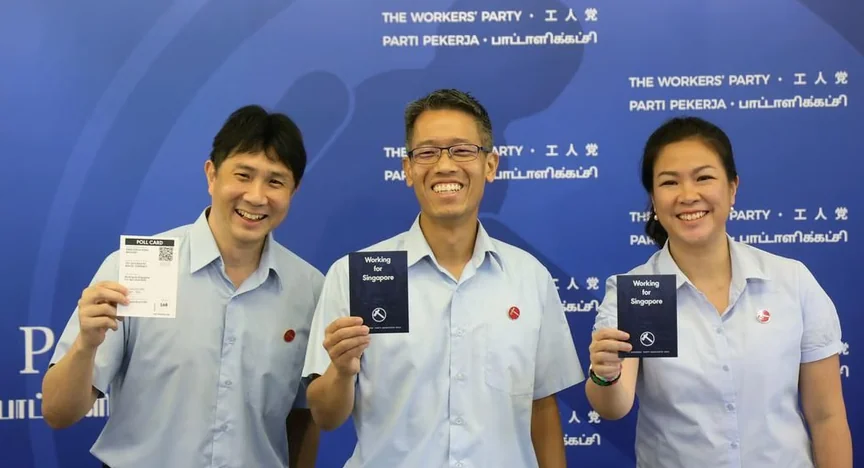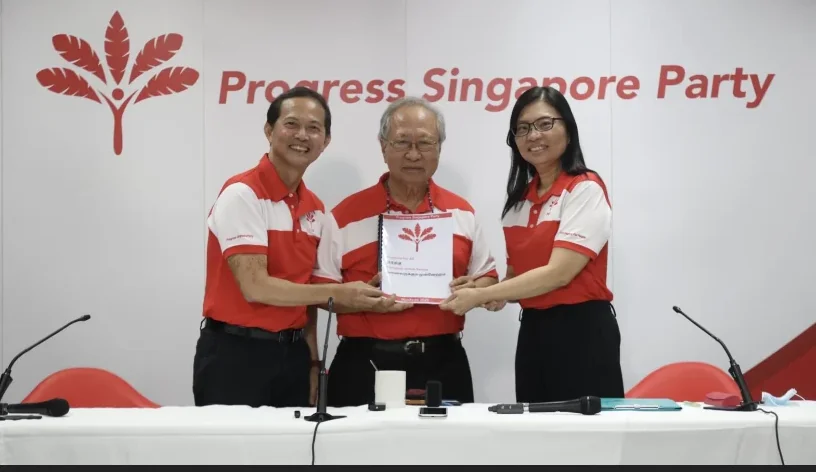有志者事竟成:在新加坡做家政服务的女士完成法律学位
如果一个人想学习并全心投入,年龄并不重要。即使你已经40多岁或50多岁,也为时不晚。我们的生命只有一次,我们必须在这一生中有所成就。

新加坡:2023 年 8 月,Jayanthi Gamage女士正在上班,一封电邮发到了她的收件箱里。 在这封来自伦敦大学的邮件中,包含了四个字母——PASS,这标志着她完成了七年的法律学位之旅,梦想成真。 如果只用“漫长”来形容这位43岁斯里兰卡人的求学之路,未免有些轻描淡写——她的求学之路跨越了两个相隔万里的国家,在新加坡做家政服务的同时还要兼顾学业。 Gamage女士告诉《海峡时报》,她在这里做帮佣的收入是她之前在斯里兰卡做审计助理收入的两倍。因此,在开始学习法律课程三年后,她在 2019 年决定离开舒适的家乡,以便资助自己的求学之路。 她打消了第一次去外国冒险的顾虑,因为她决心实现自己儿时的梦想。Gamage 女士说,法律是一种召唤,她从 2000 年起连续 10 次未能通过斯里兰卡法学院的入学考试。“这是一段非常漫长的旅程,需要付出很多努力”,现任一家清洁公司主管的 Gamage 女士告诉《海峡时报》,“我的心情难以言表,但现在我知道,有志者事竟成。”<strong>异国他乡的挑战</strong> Gamage 女士夜以继日地工作,很少有自己的时间。她利用周末时间参加在线课程,空闲时间则用来翻阅学习资料。“我没有买口红或任何化妆品——我没有这些东西。每一分钱都是为了我的学位而存起来的”,她说。 即使在艰难时期,Gamage 女士也总能找到一线希望。她说:“我把一切都看成是新的学习经历。我想,我之所以感到困难,可能是因为我以前从未遇到过这种情况。”但是,这位自称“不常哭泣的人”的斯里兰卡人在期待与父母团聚的时刻崩溃了。 Gamage女士的父亲是一名司机,母亲是一名家庭主妇,尽管他们都是“普通人”,但一直都很支持她。“尽管他们自己没有受过良好的教育,但他们知道教育的价值。”她期待着在 2021 年第一份工作合同到期后与家人团聚。但COVID-19疫情来袭,边境关闭,导致Gamage女士无法回家。 她说,那是她的“最低谷”。“我非常想念他们。我被困在这里,我担心我父母以及他们的健康……我脑海中有很多的想法,挥之不去。”Gamage女士还在与时间赛跑——她必须在八年内完成学业,而她离开斯里兰卡时还有七个单元没有完成。 <img class="“alignnone"> 从2019年2月起,她在新加坡为第一位雇主工作了两年,但由于要照顾婴儿,她只在合同期内完成了一个单元的学业。“我害怕孩子晚上醒来哭闹,所以大部分时间我都在客厅或他的房间里。回到自己的房间学习非常困难。”Gamage 女士迫切地想找到一个能理解她的困境并允许她继续攻读学位的雇主。 <strong>找到最合适的人</strong> 2020 年底,一个被Gamage女士誉为“天使”的人进入了她的生活,她就是退休的公共关系专家曼吉特·库尔(Manjit Kour)女士。 库尔女士非常支持她的家政在学业上的追求。她经常告诉后者,一旦完成家务就去学习,并定期检查她的学习进度。 72 岁的库尔女士说:“我非常重视教育——我相信只要受过教育,就能在生活中取得进步”,72 岁的库尔女士说,“尤其是妇女,需要自立自强,为自己争取一些成就。”每每到了Gamage女士的考试成绩公布的时候,她甚至会在手机上设置提醒。她说:“我总是问她:‘你的成绩什么时候出来,‘”Kour 女士在距离 Gamage 女士期末考试不到两个月的时候去澳大利亚度假一个月。当时她告诉她的家政,在她离开的时候要专心学习。 Gamage 女士说:“能找到这样善解人意的人非常难得”,她补充说,Kour 女士就是她一直在祈祷的“奇迹”。“她就像母亲一样关心孩子的教育。我只能说我很幸运。”她收到最终结果后,Kour 女士是最先通知的人之一。“我为她感到高兴。能来新加坡做家政服务员,并达到这个里程碑,这是一个很大的成就”,Kour 女士说。 她回忆说,“她曾多次发现Gamage女士在餐桌上复习到凌晨”。Kour 女士补充说:“她一边做晚饭,一边听着背景音乐中的讲课内容。”“她非常专注,付出了艰辛的努力,这一切都归功于她。”七年后,Gamage 女士拿到了学位,她坚信这段旅程及其收获是值得的。 <img class="“alignnone"> 但她的有一个缺憾,那就是她无法参加4月30日在伦敦举行的毕业典礼,因为她的签证申请被英国当局拒绝了。 加玛吉女士解释说,她的申请被拒是因为她被认为没有足够的资金。“我认为取得的成绩应该得到庆祝,我真的很想戴上毕业帽,穿上毕业袍。”她并不打算停下来,而是选择继续深造,她将目光投向了新加坡国立大学的硕士学位。 获得学士学位已经让 Gamage 女士收获颇丰,在 Kour 女士从两层楼的房子搬到公寓后,她于2023年停止为 Kour 女士工作。 <img class="“alignnone"> 她回到斯里兰卡家中短暂休息后,便接受了目前所在公司的一份清洁工工作。 虽然她最初是被公司聘为清洁工,但当雇主了解到她的资历后,便将她提升到不同的岗位,承担起行政和监督职责。 展望未来,她希望有朝一日终于能够实现成为一名律师的梦想。 Jayanthi女士说:“也许将来有一天,我可以加入新加坡的一家律师事务所,获得更多的知识。”但现在,她只希望自己的故事能激励各行各业的人追求更高水平的教育,无论他们的年龄或背景如何。 她说:“如果一个人想学习并全心投入,年龄并不重要。即使你已经 40 多岁或 50 多岁,也为时不晚。我们的生命只有一次,我们必须在这一生中有所成就。”






